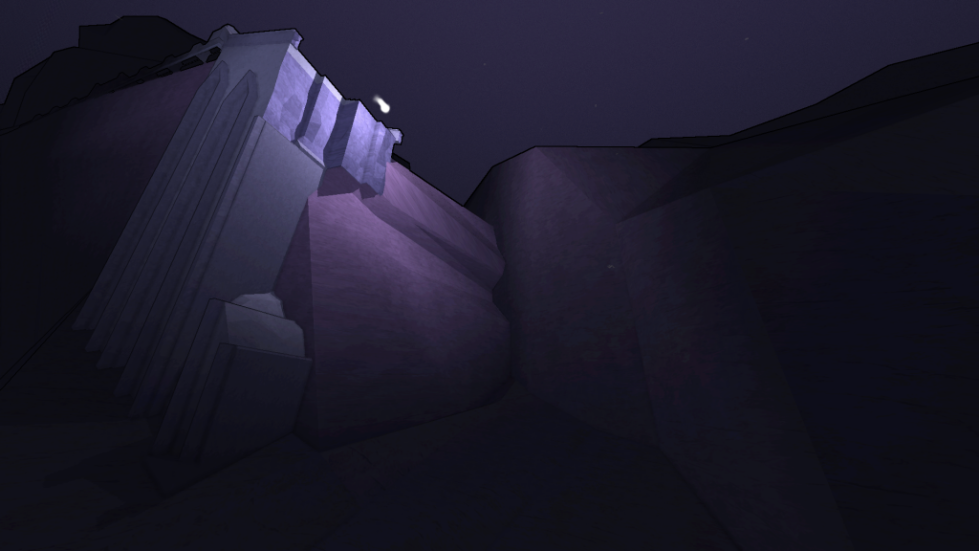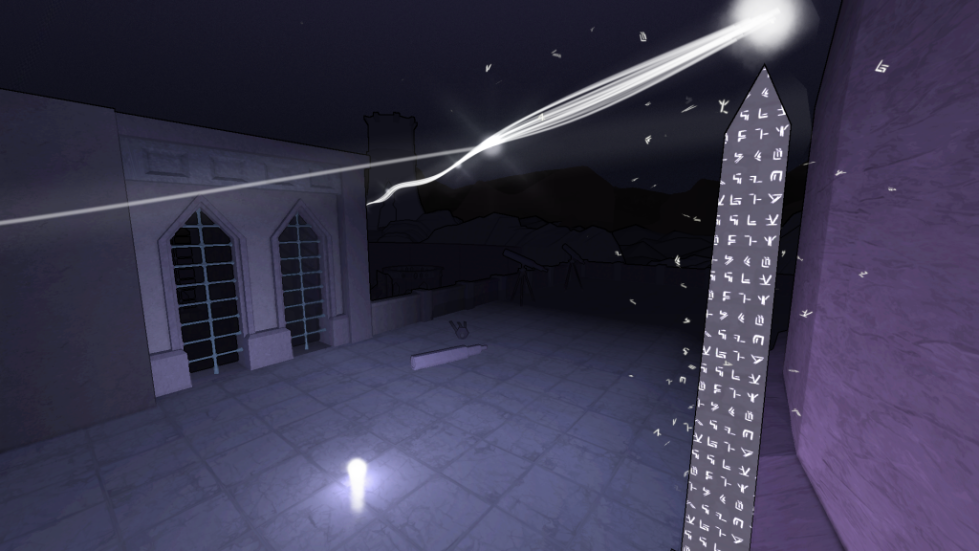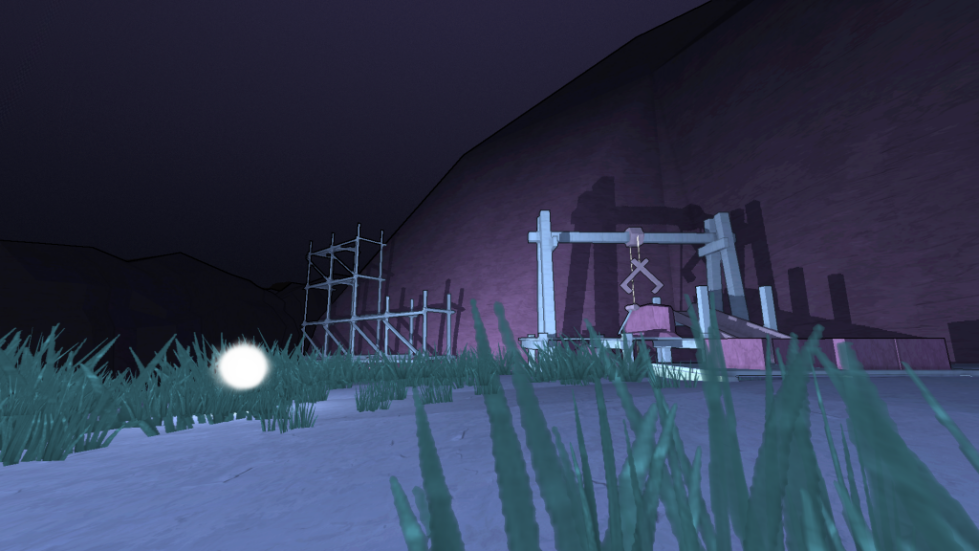Imagine you’re a student game developer and your first game is mentioned along with the likes of video game royalty like the Mario Brothers and Pokemon.
That’s the case for a student company from Drexel’s Entrepreneurial Game Studio and Baiada Institute for Entrepreneurship, whose first game, “Sole,” is a finalist for an international game award alongside “Pokemon Go.”
The first offering from Gossamer Games, “Sole” is more a work of art than a competition, and its attention to aesthetics set it apart from a field of more than 3,000 submissions to the International Mobile Gaming Awards. It is now one of 150 nominees for the honor, pitting Gossamer against the likes of gaming powerhouses Nintendo, Electronic Arts, Telltale, and Square Enix.

The IMGA awards have been around for 13 years and they’ve helped build the popularity of previous winners like “Clash of Clans” and “Candy Crush.” While Gossamer founder, Thomas Sharpe, a recent Drexel graduate from Westphal’s Game Design & Production program, isn’t harboring dreams of dethroning “Pokemon Go,” he sees the nomination as validation of the team’s hard work over the past few years.
“For most of us, ‘Sole’ is the first full production game we’ve ever worked on. So to have our work-in-progress game, that began as a student project, selected as one of the best mobile games in the world is simply staggering,” Sharpe said. “Just being included on the same list as games like ‘Pokemon Go’ and ‘Super Mario Run’ is incredibly surreal.”
“Surreal” is also a nice summation of its gameplay. Frank Lee, PhD, director of the EGS, describes the experience of playing “Sole” as “zen-like.”
“Playing the game almost feels like meditation,” Lee said. “That’s certainly what I like about the game, and I assume that is what caught the judges’ eyes in their selection.”
This distinction is just what the game design industry needs right now, according to EGS Program Manager Arianna Gass.
“Sole is not your average mobile game,” she said. “Unlike the bright colored match-three, arcade clones that glut the app sore marketplace, its attention to somber detail and emotional journey set ‘Sole’ apart from the more than 3,000 submissions to the IMGA.”
In the game, players control a glowing orb of light that journeys through a world shrouded in darkness. The goal, put simply, is to turn on the lights.
In the demo, players explore a deserted city to find and activate obelisks that form a web of connected light beams. Sharpe describes it as “painting the world in light” to uncover its history and restore life.
As players progress through the game, the world transforms in response to the players’ presence. Grass spreads over the barren ground and trees bloom as the dark gray fog is replaced with bright colors and detailed textures. And there is a soothing, symphonic soundtrack accompanying the pursuit — composed by Nabeel Ansari, a junior on a custom-designed track in “Applied Mathematics and Music” — just to let you know there’s no hurry.

“While creating a therapeutic playing experience was never our intent, we’re excited that Sole is offering an alternative in a medium [that’s usually] driven by action and adrenaline,” Sharpe said. “One of our biggest goals has been to create an accessible game that resonates with audiences of all backgrounds and skill levels.”
IMGA’s recognition of Sole’s quality is, in itself, an acknowledgment of the evolving landscape of mobile gaming. Attention to detail and creative problem solving can be just as engaging as constant action or highly competitive gameplay.
“Nominees like ‘Sole’ highlight the new standard of creativity and the emerging quality of the productions found in mobile gaming,” said Maarten Noyons, founder of The IMGA.
Sharpe points to games like “Flower,” “Journey” and “Abzû” as the standard for aesthetic-driven indie games that “Sole” is trying to reach. Earning consideration alongside big-budget games, of any genre, would seem to indicate that Gossamer is on the right track.
The team at Gossamer, Sharpe, Ansari and Westphal graduates Nina DeLucia and Vincent De Tommaso, set their sights on building a game that would be accessible to players of all ages and skill levels. The goal was to use the theme of exploration to elicit the same emotions you might experience while being lost or alone — and then finding your way. It’s a different sort of thrill than the ones you’d get from vanquishing an opponent or solving a puzzle; one tapped straight from the team’s experiences in conceiving and creating its first game.

“In many ways the game is an allegory for a lot of the internal struggles we’re facing in trying to figure out who we are and where we’re going, both personally and artistically,” Sharpe said. “The premise of exploring through a dark world with no explicit direction or goal is a direct reference to the creative process we’ve undergone to make the game.”
Recognition from IMGA and, later this year at the Intel University Games Showcase, where Gossamer will be Drexel’s representative, could go a long way to bringing their work into the light.
You can follow the team’s progress on Facebook or Twitter and vote for “Sole” in IMGA’s “People’s Choice Award” competition until the end of the month by visiting: http://www.imgawards.com/winners-nominees/13th-imga/
You can see the original article here.